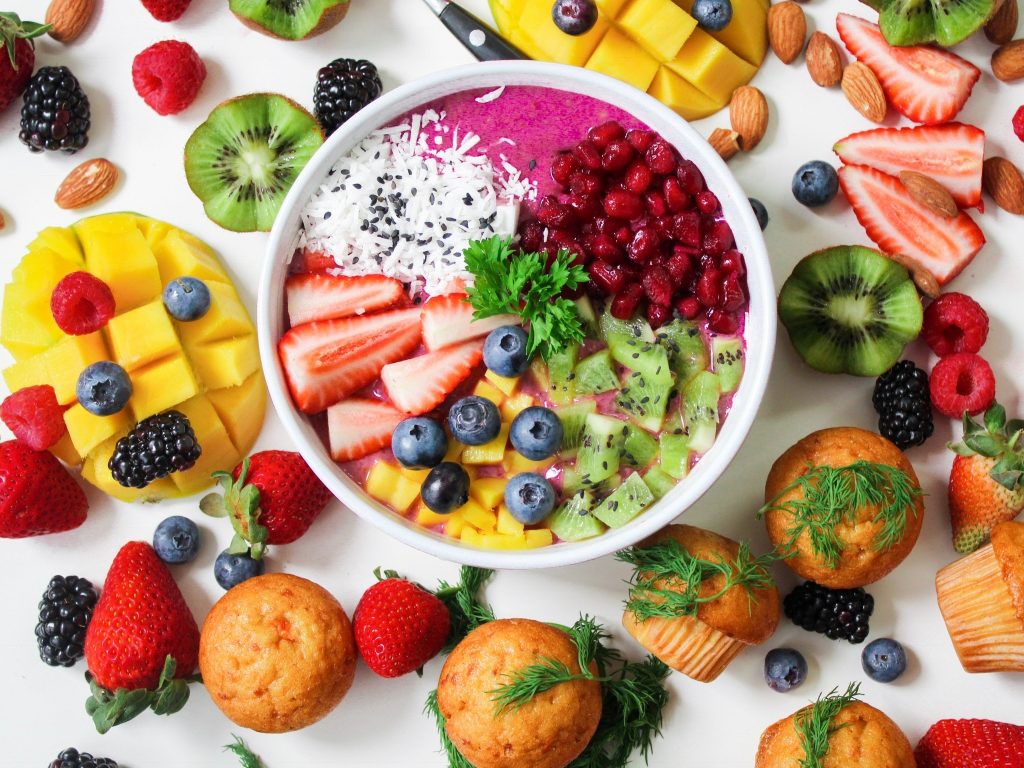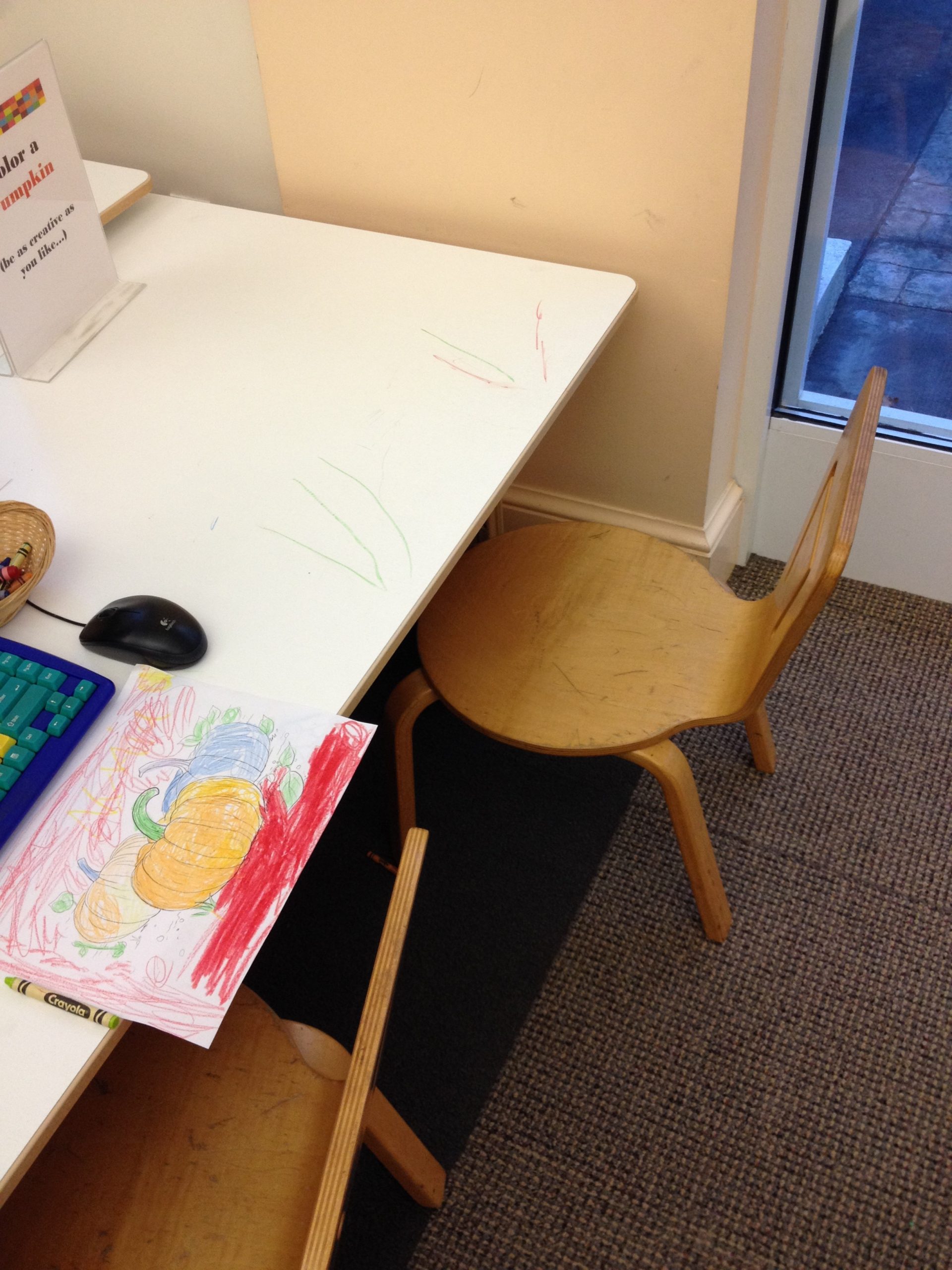Food for the brain is beneficial for learning and memory. The foods that students put into their bodies affects how their brain works. Therefore, students that do not eat brain-healthy foods may feel sad and irritable. The wrong foods also cause poor memory. More so, students that eat poorly have a difficult time problem-solving.
Food For the Brain
There are many healthy food choices for students to achieve maximum learning benefits.
- Protein helps the brain. It creates chemicals to improve mood.
- Vegetables and fruits, especially berries, prevent the brain from aging.
- Fish, eggs, chicken, and beef helps the brain to work harder. Plus, it improves mental health.
- Fats from avocados, nuts, olive oil, and peanut oil improves memory. Also, these foods help the brain work faster and better.
- Tea, coffee, and dark chocolate help students stay on task.
- Lastly, water is vital to the body. The brain is made up of 73% water.
Foods to Avoid
As students study for tests, avoid these foods.
- Foods such as frozen pizza, microwave popcorn, and fried foods are not healthy foods to eat as students attempt to concentrate. These contain a high content of trans fat. Trans fat leads to brain shrinkage. Also, in large quantities, it prevents information processing.
- Sugar sometimes is stimulating, but it stifles cognition. Sugars prevent the ability to problem-solve. Additionally, sugar reduces long and short-term memory.
- Caffeine from sodas helps older students study into the night. However, the lack of proper sleep is harmful and causes a lack of concentration.
Unfortunately, too many students eat foods with no real nutritional value. The brain is the center of the nervous system. It sends out messages to the organs and muscles. Thus, food and drink are very important to keep the system working properly. A well-balanced diet is best for the body and the bain. The right foods improve brain function, memory, and concentration.




